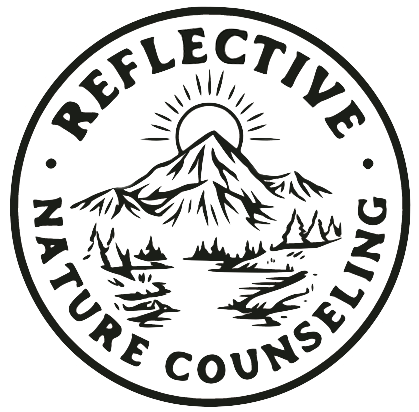What It Really Means to Be Triggered: A Guide for First Responders and Healthcare Workers
Have you ever suddenly felt overwhelmed, angry, shut down, or panicked — and didn’t understand why?
First responders, public safety members and healthcare workers are trained to stay calm under pressure — but that doesn’t mean your nervous system forgets. If you’ve ever been blindsided by a strong emotional reaction long after a call, you’re not alone. That’s what it means to be triggered.
A trigger is your body’s way of reacting to something that feels — consciously or not — like a past threat. And for first responders or health care workers, your brain has filed away hundreds of these moments. You might be fine during the shift — but hours or days (sometimes even years) later, the body catches up.
Triggers don’t always look like full-blown flashbacks or panic attacks. They can be subtler, showing up in ways that might be harder to recognize:
Irritability: You might snap at your partner or family members for no apparent reason.
Sleep Issues: You could struggle to fall asleep or experience nightmares long after a difficult call.
Emotional Shutdown: Feeling numb or detached, or avoiding any situation that might require you to express your feelings.
Hypervigilance: Constantly feeling on edge or easily startled, even in safe spaces.
Feeling “Off”: Something as simple as hearing a loud noise or seeing an object might leave you feeling anxious, angry, or disconnected.
These responses are your body and brain trying to protect you, but sometimes they’re not helpful when you’re not in danger.
How to Handle Being Triggered
If you’ve ever found yourself struggling with emotional reactivity, it’s important to have strategies in place to help ground and calm your nervous system. Here are a few simple techniques you can try:
Grounding Techniques: Try to reconnect with the present moment by focusing on your senses. You can practice the “5-4-3-2-1” method (identify 5 things you can see, 4 things you can feel, etc.) to shift your attention away from the trigger.
Breathing: Deep, slow breathing helps calm the fight-or-flight response. Try box breathing (inhale for 4 counts, hold for 4, exhale for 4, hold for 4) to reset your nervous system. If box breathing isn’t your thing, just focus on making your exhales longer and slower than your inhales.
Acknowledge the Trigger: Naming what you’re experiencing can reduce its power. “I’m feeling triggered right now because of the siren. It’s okay. I’m safe.”
Take a Break: Step outside for a few minutes or take a walk. Physical movement can help reset your nervous system.
Seek Support: It’s okay to talk to someone who understands, whether it’s a peer, a therapist, or a support group. You don’t have to handle this alone.
The important thing to remember is that you’re not alone in this. Being a first responder or healthcare worker comes with unique challenges, but there are ways to create emotional resilience and practice self-care. Triggers don’t mean you're broken — they mean you've survived something difficult. And while you can't erase the events you've witnessed, you can learn how to manage your reactions and create a healthier relationship with your emotions.
If you need help navigating these experiences, I’m here to support you. You’ve already shown strength by recognizing when you’re struggling — now let’s work together to build the skills to manage those triggers.

